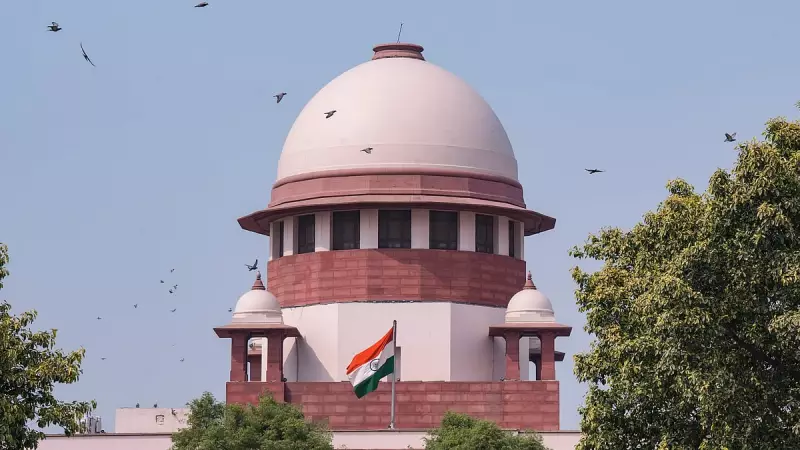
In a significant observation that could reshape courtroom dynamics across India, the Supreme Court has delivered a clear message to the legal fraternity: lawyers must learn the art of stopping their arguments at the right moment.
The apex court bench, comprising Justices Sanjiv Khanna and Dipankar Datta, emphasized that once a court has clearly indicated its perspective on a matter, advocates should exercise discretion and refrain from prolonged arguments.
The Judicial Perspective
During recent proceedings, the bench made this crucial observation while hearing a civil appeal. The justices noted that excessive arguments, even after the court has signaled its position, serve no productive purpose and can actually hinder the judicial process.
'There is a limit to everything,' the bench remarked, highlighting the importance of judicial time management and the need for lawyers to recognize when further arguments become counterproductive.
Why This Matters for Indian Judiciary
This guidance comes at a time when Indian courts are grappling with massive case backlogs and crowded dockets. The Supreme Court's advice addresses several critical aspects:
- Judicial Efficiency: Reducing unnecessary arguments can significantly speed up case disposal
- Courtroom Decorum: Maintaining professional standards in legal proceedings
- Client Interests: Preventing unnecessary legal costs for clients
- Resource Optimization: Better utilization of court time and resources
Practical Implications for Lawyers
The court's observation serves as a reminder that effective advocacy isn't just about making arguments, but also about knowing when to stop. Seasoned lawyers understand that reading the court's mind is as important as presenting their case.
This development is particularly relevant for young advocates who are still learning the nuances of courtroom etiquette and judicial interaction.
Broader Impact on Legal Practice
Legal experts believe this guidance could lead to:
- More focused and relevant arguments
- Reduced hearing durations for cases
- Improved lawyer-judge communication
- Better case management across all court levels
The Supreme Court's message reinforces that advocacy excellence includes the wisdom to recognize when further arguments might not serve the client's best interests or the court's time constraints.





